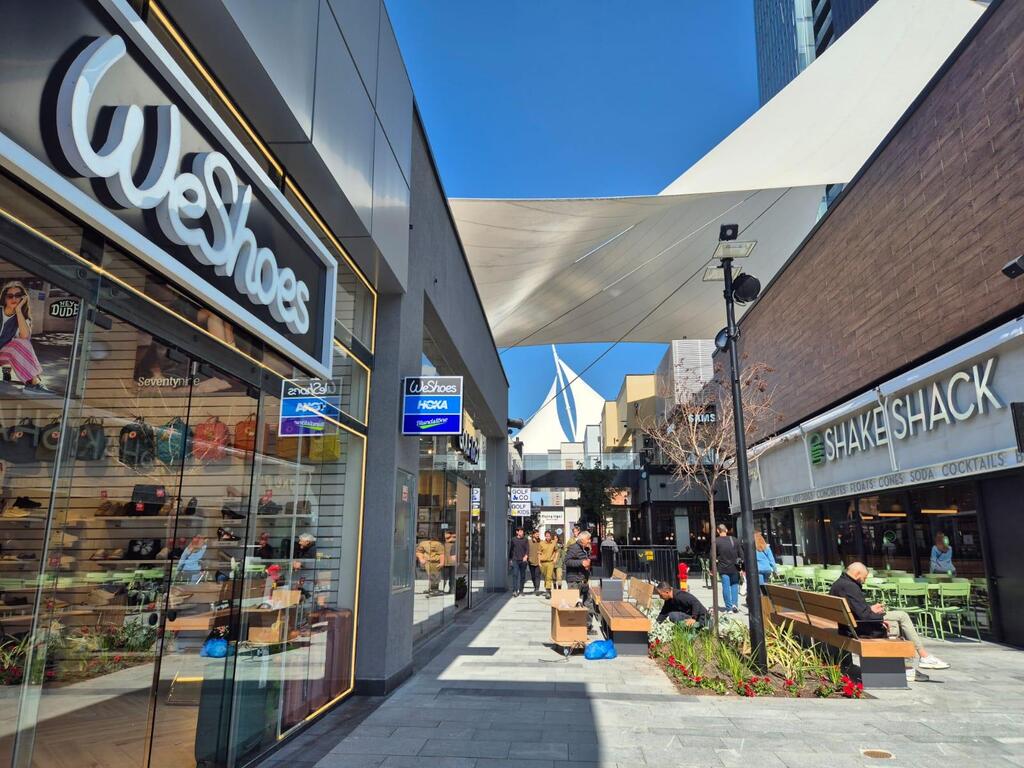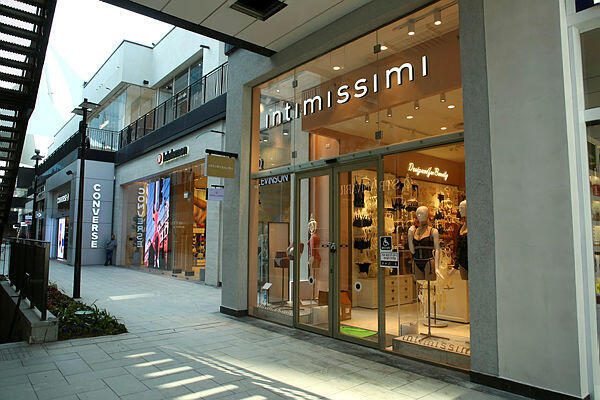Getting your Trinity Audio player ready...
Public and political opposition is mounting over the decision to allow stores to operate on Shabbat at the new BIG Glilot shopping center, amid renewed legal and social debate over commercial activity on the Jewish day of rest.
In a legal opinion distributed to Ramot Hasharon city council members, the municipality’s legal adviser, Micha Blum, wrote that the city is obligated to enforce existing bylaws and issue fines to businesses that open on Shabbat. Under Israel’s 2018 “Supermarket Law,” retail outlets such as clothing and brand-name stores are prohibited from operating on Shabbat, holidays and other national rest days. Entertainment venues are excluded from the restriction, and only the interior minister can authorize exceptions for “essential” businesses.
Despite the opinion, the municipality said it would not enforce the law at this stage. Ramot Hasharon Mayor Itzik Rochberger said the city respects diverse lifestyles and will maintain the status quo while working to develop a new policy.
“The city council has decided to promote a policy document to protect the right of all residents to live according to their beliefs,” Rochberger said. He added that the city is exploring possible measures, including amending bylaws, requesting exemptions, and coordinating with national and municipal authorities.
Blum noted that the likelihood of the Interior Ministry approving a bylaw amendment to allow businesses to open on Shabbat is low, and a court petition would likely fail. In the meantime, he recommended enforcing the current bylaw, which carries a fine of 475 shekels (about $130).
The controversy has sparked a campaign called “BIG Mistake,” with opponents claiming the mall’s operations undermine the traditional character of Shabbat and place unfair pressure on workers and small business owners.
“Israel is a Jewish state, and its laws require shopping centers to close on Shabbat,” said Aviad Gadot, director of the conservative organization Hotam. “Authorities must enforce the law and act to close the mall on the national day of rest.”
Senior Haredi leaders have called for a boycott of the shopping center, warning that public Shabbat desecration challenges the spiritual commitments of observant Jews. In an open letter, they urged consumers to avoid doing business with stores that operate on Shabbat, including affiliated branches elsewhere.
BIG Glilot management issued a firm response, rejecting the boycott and accusing its organizers of politically motivated pressure.
“We have never been intimidated by threats from Haredi leadership, which appear to be driven by commercial interests,” the company said in a statement. “Israel is a democratic and liberal state. We don’t require tenants to open on Shabbat, nor do we compel customers to shop or employees to work. We support freedom of choice and strongly oppose religious coercion.”
“In contrast to certain religious figures, we respect both faith and individual freedom,” the statement added. “And in light of current events, we suggest they focus their efforts on supporting Israel’s defense.”
<< Get the Ynetnews app on your smartphone: Google Play: https://bit.ly/4eJ37pE | Apple App Store: https://bit.ly/3ZL7iNv >>
While most shopping centers in central Israel remain closed on Shabbat, BIG Glilot has remained open. Nevertheless, several major retail chains have announced they will not operate on Saturdays. Zara, which opened its flagship store at the mall and leased 7,500 square meters for its brands—including Oysho, Pull & Bear, Stradivarius, Massimo Dutti and Zara Home—will remain closed due to the religious observance of its Israeli franchisee, Joey Schwebel.
The Golf Group, which operates brands such as Golf & Co., Golf Fashion, Golf Kids, Polgat and Intima at the center, has also opted not to open on Shabbat, despite doing so at other locations.
BIG Malls CEO Chai Galis said that approximately 65% of the shopping center’s businesses are expected to operate on Saturdays.




